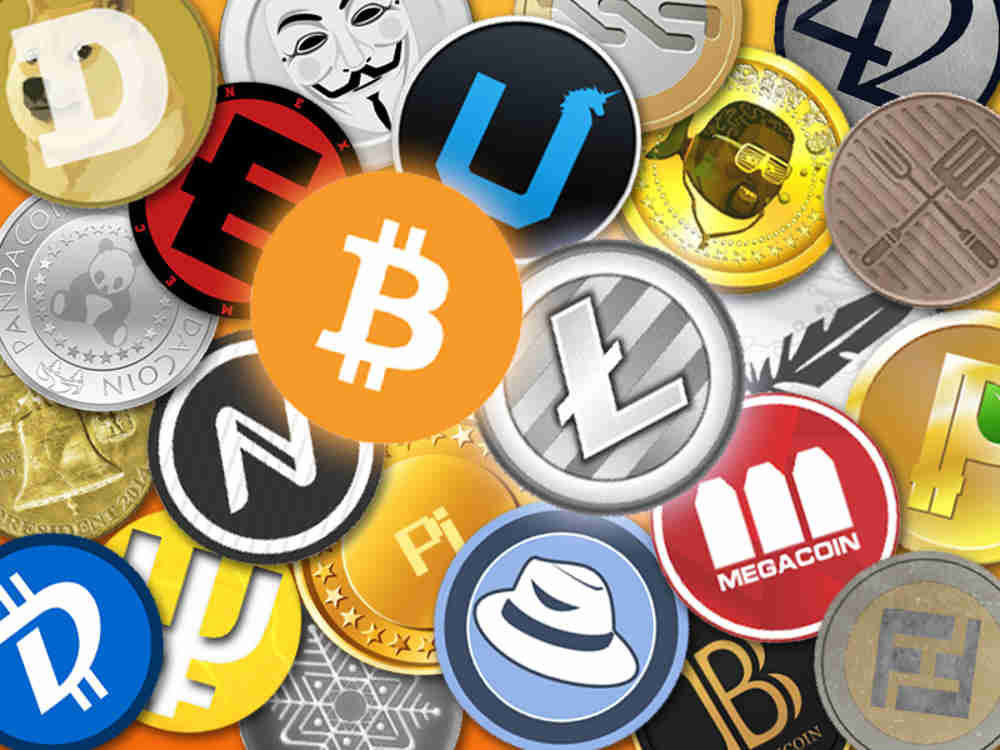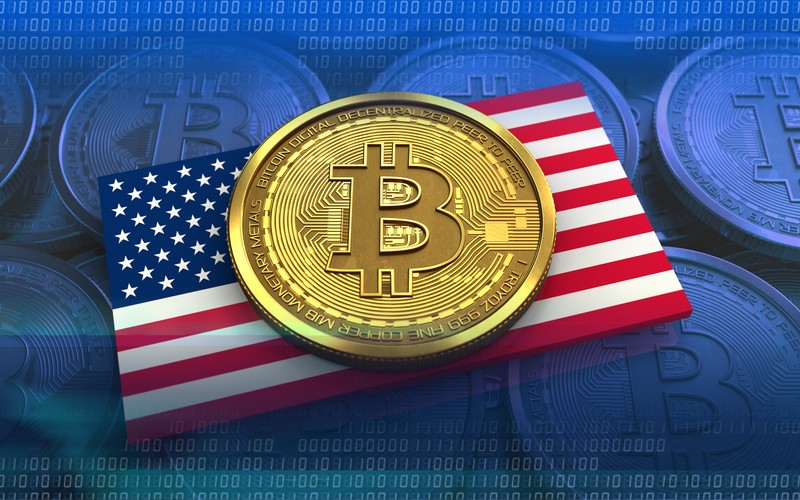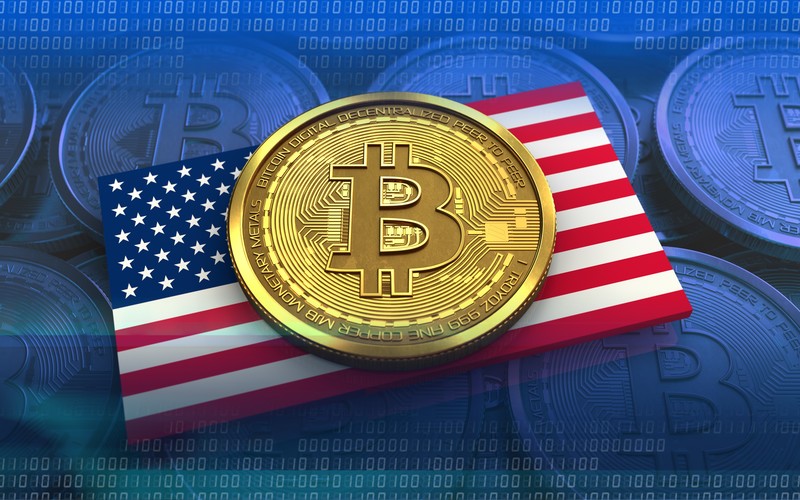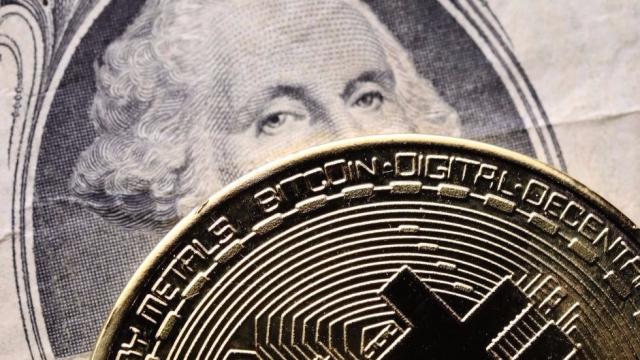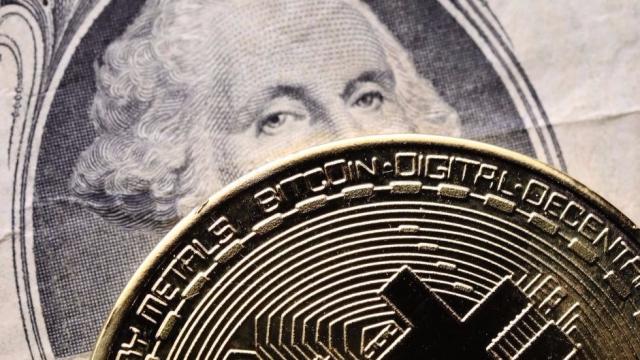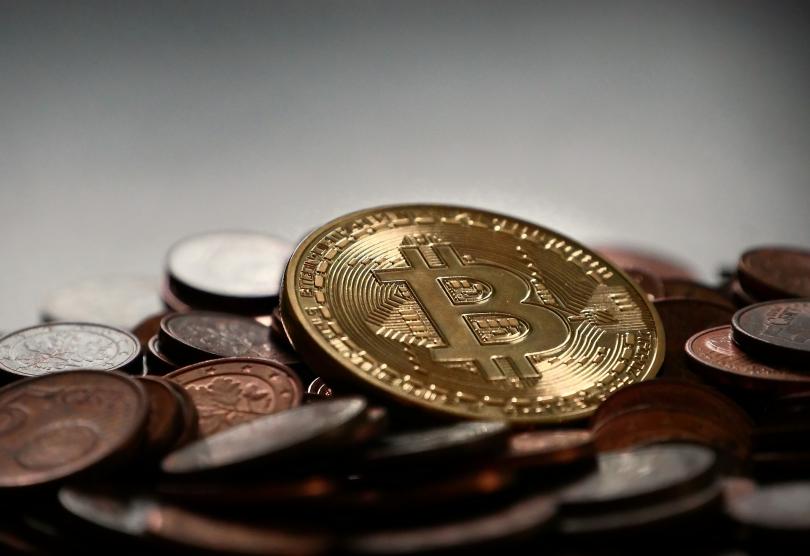DEXs are quickly gaining popularity over centralized exchanges because they let regular investors leverage faster trades. As Ethereum co-founder Vitalik Buterin has stated, the focus of DEXs is “NOT satisfying the needs of ‘whales’ and professional traders. Rather, it is in user convenience for regular people.” If DEXs become more user-friendly and offer the advanced trading features common on centralized exchanges, their popularity is likely to surge.
A Quick Note on DEXs and Centralized Exchanges
Centralized exchanges hold funds as a third party in transactions, making their large sums a tempting target for hackers. From Mt. Gox to the more recent Bitfinex and Bitgrail hacks, millions of dollars have been stolen from centralized exchanges. Though security measures vary greatly, centralized exchanges are at much greater risk of hacking compared to DEXs.
Centralized exchanges also require personal information and are more prone to server downtime. There have even been some allegations of price manipulation by professional traders on some centralized exchanges. Decentralized exchanges let you keep your funds in a secure wallet and off the exchange. They’re largely anonymous, with no reported server downtimes and virtually no hacks because of their distributed trading systems.
DEXs reflect the same trustless nature of the cryptocurrencies they trade. Transactions are peer-to-peer, without a third-party centralizing funds as an intermediary. Your funds are in your wallet until you trade them, and DEXs also allow for more privacy. But most importantly, DEXs bring fast, fair and easy trading to regular people without wait times. The DEXs below are ranked firstly based on their daily market volume, secondly by their potential to maintain that volume or grow over time, and lastly for unique features that separate them from other DEXs.
Source/More: The Top 5 Decentralized Crypto Exchanges to Watch out for in 2018 | NullTX

